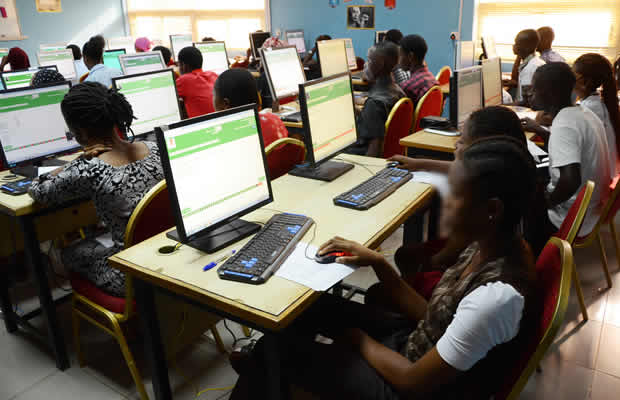The Academic Staff Union of Universities (ASUU), University of Nigeria Nsukka (UNN) chapter, has threatened to take legal action against the Joint Admissions and Matriculation Board (JAMB) over the high failure rate recorded in the 2025 Unified Tertiary Matriculation Examination (UTME).
Speaking at a press conference in Nsukka on Wednesday, ASUU-UNN Chairman, Dr. Óyibo Eze, alleged that the mass failure—particularly among candidates from the South East—was intentional and aimed at limiting their access to higher education.
“My office has been overwhelmed with complaints, protests, and visits from concerned parents and members of the public regarding what appears to be a deliberate strategy by JAMB to suppress scores,” Eze stated.
He said ASUU would challenge the results in court if the board does not take steps to review and accurately re-score affected candidates.
Eze criticized the regional disparity in admission requirements, claiming that students from the South East often need higher JAMB scores to gain admission, while others in different parts of the country are admitted with significantly lower scores—even into competitive courses like medicine.
According to him, “Out of nearly two million candidates who sat the 2025 UTME, over 1.5 million scored below 200, and the majority of these candidates are from the South East and Lagos, where many Igbo families reside.”
The ASUU chairman urged governors from the South East to intervene, describing the situation as a targeted academic injustice.
He also cited the example of the University Secondary School in Nsukka, where, reportedly, no candidate scored above 200 despite the school’s history of academic excellence.
“It is inconceivable that a school known for producing high-performing students would record such poor results. Even if a few cases of malpractice were found, it is unfair to penalize all candidates,” he said.
Eze warned that if JAMB fails to act swiftly, the issue could escalate into a nationwide protest.
“We are not against punishing those guilty of malpractice, but collective punishment is unjust. JAMB must urgently review the results to maintain public trust in the examination process,” he concluded.

Leave a Reply